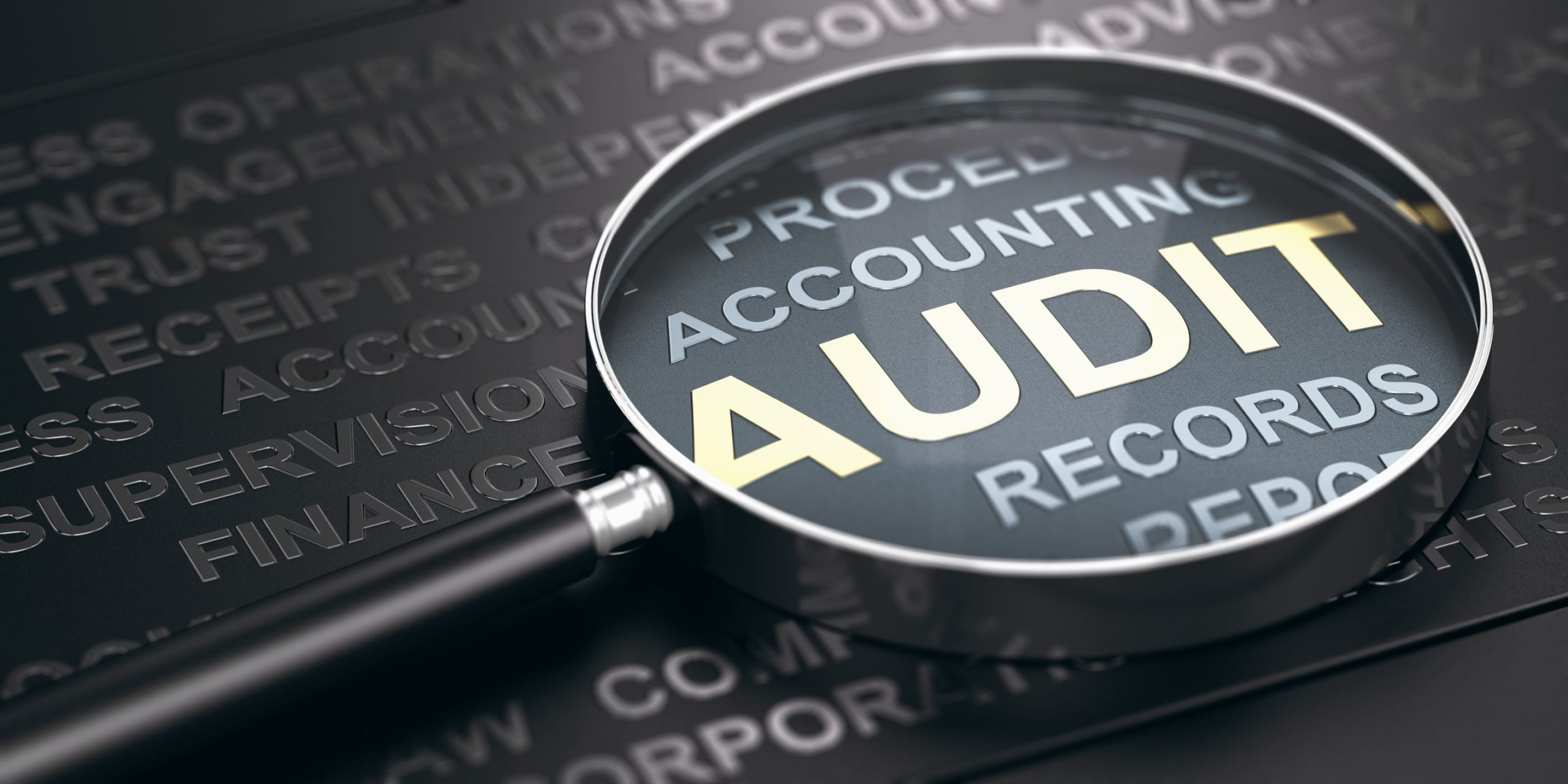Why Auditor Independence Matters
This is especially true around client fee structures and frameworks of ethical auditing regarding non-audit services.
In the post-pandemic world as economies and supply chains reopen, trade and commerce swings back to normal, and private companies continue to support public bodies with services to keep people safe and healthy, the auditing world will come under continued renewed pressure to remain objective.

Independence is essential for listed companies facing both their own stakeholders and the wider public, for capital markets to continue to work unimpeded and for companies to benefit from effective auditing. It requires efficient, direct, and trusted auditing services that focus on proactive engagement of risk analysis, alongside being able to identify any breach of independence in areas of concern.
But trust is hard earned and easily lost, and many high-profile cases at enterprise level pre-pandemic have muddied the independence waters. Impartiality is crucial, and many questions whether auditing can be truly independent when the consultancy and auditing is often done by the same company – in this regard, does the tail wag the dog?
Of course, stakeholder and public assumptions of auditor services, and the real job auditors do, can be wildly different. While auditors make sure accounts are “fair and true”, public expectations can see auditors as accounting police, whistleblowing on poor practice and informing the wider public of fraud, mismanagement, or company failure.
This plays into the overall independence-of-service dynamic, and the changing ideas of what auditing is meant to do.
What are auditing vulnerabilities regarding independence?
Auditing is still a job done by people, and despite the best of intentions, those people can be prone to subjective decision making and pervasive biases like in any other job. The main vulnerabilities to accounting and auditing that can then impact independence are:
Vulnerability to unconscious bias
The simplest way of understanding this is through the lens of business development – audit firms want to retain business and understand that in some cases toleration of bad practice is required to retain said business.
The relationship generated between auditor and client can be seen as the nexus of this arrangement, and this relationship is subject to the same peer, subconscious, and psychological biases as any other buyer/seller relationship. How negative can an audit be if billings are on the line?
Patronage
The matching of values, professional conduct and industry outlook can be seen as a vital component in how auditors are chosen by clients, which can create an independence imbalance. In this regard, patronage is another form of conflict of interest – who does the auditor serve?
The above points are particularly relevant to larger firms providing both advisory and auditing services to clients, where in the eyes of regulators, stakeholders, and the public, that line can and has been blurred.
Big Vs Small
Although it does not quite fall into the “too big to fail” genre of argument, when regulators of bigger auditing firms do not meet client rotational guidelines, a bad precedent is set, both from an independence issue and a revenue issue.
This last point is especially relevant for smaller firms who concentrate their revenue with a smaller number of clients and are equally as subject to these rules, whereas larger firms can operate as a sole audit choice for many decades and can soak up rotational revenue loss.
The bottom line
Independence is the soul of auditing. Even though it may be argued it is impossible to be completely free of some form of influence, this is more likely a result of human fallacy, rather than institutional failings.
Ethical frameworks are resolute in their guidance – much of the good work done by auditors is done in context of the job at hand, where independence of service is only viable through effective analysis of threat, conflict of interest and bias.
There is an increasing clamour for AI to take the lead in auditing determinations, however the sheer weight of opinion in the auditing matrix, not to mention the fast-changing industry and shifting expectations financial positions means that “fix” is not yet operational.
Search Other Articles To Learn About Internal Auditor Careers:
How to Become an Internal Auditor – A Step by Step Guide, Internal Auditor CV, Template & Examples. Internal Auditor Qualifications & Skills, Internal Auditor Salary & Pay, Internal Auditor Job Description & Profile
Search Jobs to find out about the internal auditor job roles we currently have available.
Job Seekers
On the hunt for your next role? Upload your CV below and we’ll be in touch to discuss your requirements.
Employers
For employers seeking the right skills and cultural fit for your business, send us your vacancy to find out more about how we can help.
Submit CV Send Us Your VacancySearch Jobs
Popular this week
- What Qualifications And Skills Are Needed To Be An Accountant?
- How Does Industry 4.0 Differ From The Previous Generation?
- Agile For Accountants: Six Steps To Provide Necessary Tools And Relevant Processes
- What Are The Main Differences Between ACA and ACCA?
- What Are The Top Five Financial Accounting Facts For #AccountantsDay